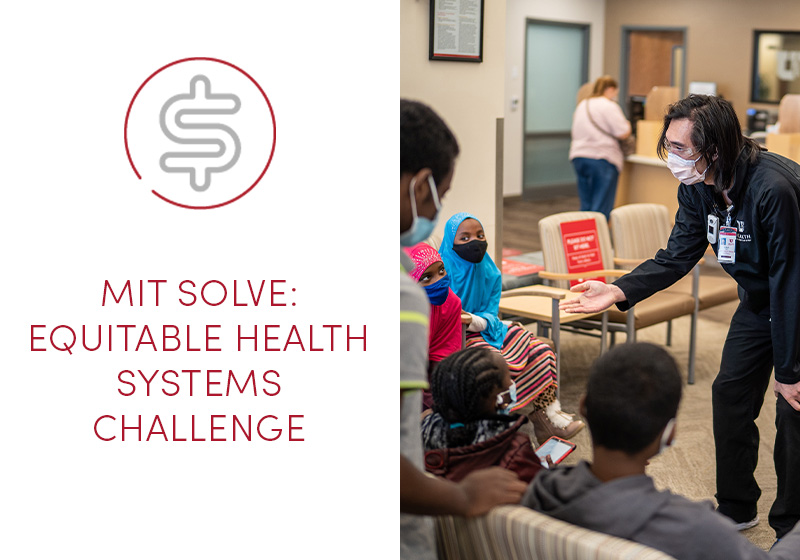
Grant Amount: Commensurate with project scope
Deadline: March 31, 2022
Additional Information -
MIT Solve, an initiative of the Massachusetts Institute of Technology, aims to drive innovation to solve world challenges. Through open innovation challenges, MIT Solve finds incredible tech-based social entrepreneurs all around the world.
The organization invites applications for its Equitable Health Systems challenge. According to MIT Solve, half the world’s population lacks access to essential health services such as family planning and immunizations—one example of the unfair yet avoidable differences that exist in health systems worldwide. These persistent inequalities exist both within and between countries, contributing to underserved communities such as ethnic minorities or refugees experiencing systematically worse health outcomes. Each year, nearly 100 million people are driven into extreme poverty due to health expenses, and the pandemic has only further underscored and exacerbated these disparities. Even if health services were more available and affordable, embedded bias and discrimination would still prevent people from achieving the best health outcomes. Ethnic and racial minorities can face mistreatment by healthcare providers who do not reflect the communities they serve or do not confront implicit biases. Exploitation and experimentation in the name of medical advances have often targeted marginalized communities, generating well-founded mistrust that can persist for generations.
To address these issues, the MIT Solve community is seeking eight technology-based solutions to help build equitable health systems for all, especially for the most underserved communities. MIT Solve seeks solutions that prioritize a people-centered infrastructure that ensures essential health services, equipment, and medicines are more accessible and affordable for those left out of the system; identify, monitor, and/or reduce bias in healthcare systems at all stages, from medical research up to the point of care; and actively build or rebuild trust and engagement between historically underserved communities and their health systems.
Historical racism, exploitation, and ongoing bias contribute to communities of color in the U.S. having worse health outcomes, higher mortality rates, and greater mistrust in the health system. As part MIT Solve’s ongoing work on U.S. racial equity, the organization will select up to two solutions working to address these disparities for its Black & Brown Innovators Program.
Please contact Daniel Hadley if you are interested in applying for this opportunity.